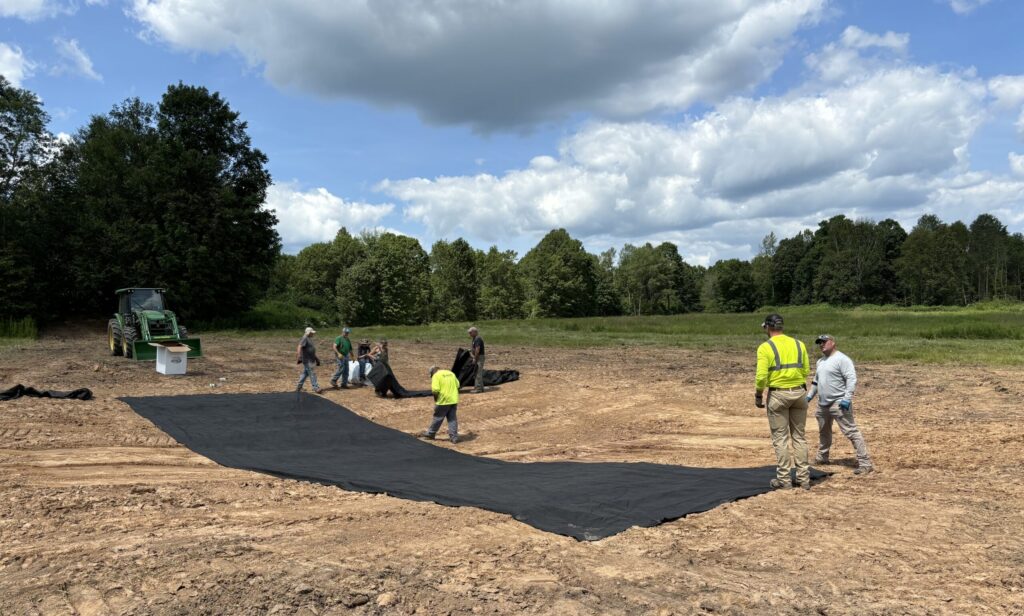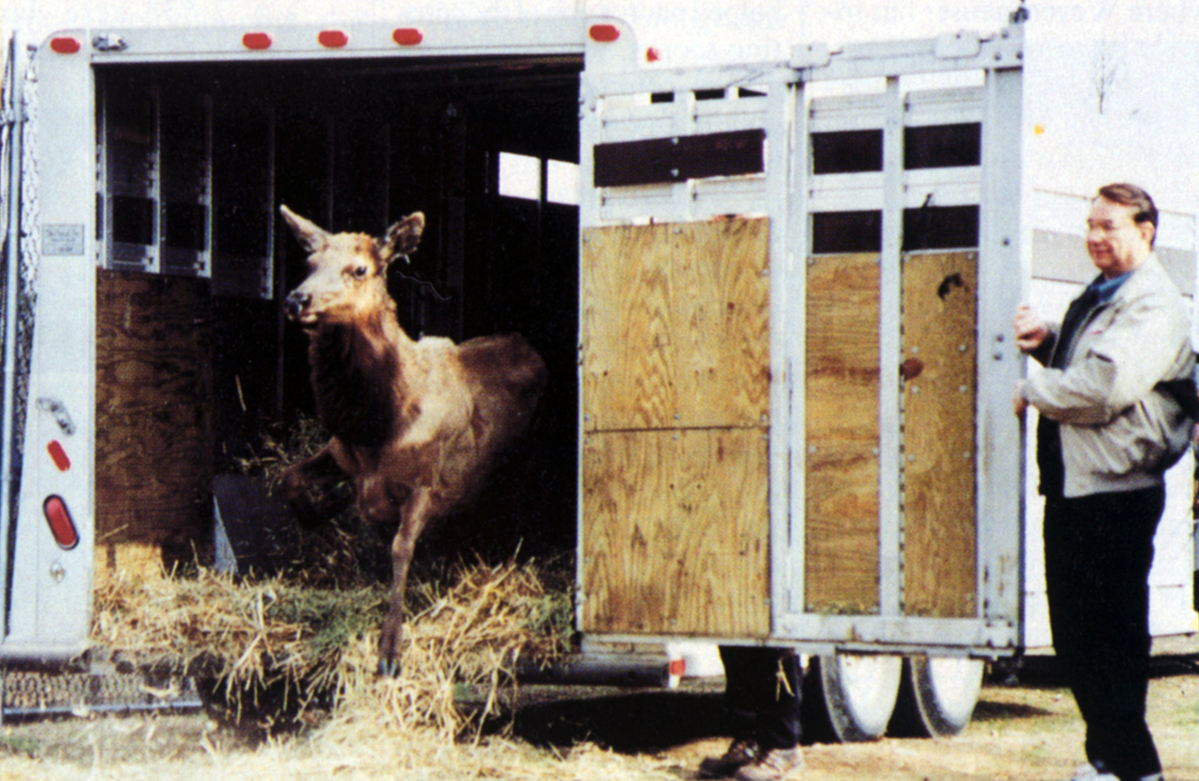On May 3, 1995, Wisconsin Governor Tommy Thompson swung open the door to a trailer, releasing the first elk into the Chequamegon National Forest. What became a successful restoration marked the first time in more than a century that wild, free-ranging elk were back on the ground in the Badger State.
It also marked the Rocky Mountain Elk Foundation’s first dance with elk reintroductions but not its first appearance. Leading up to that release date, RMEF helped fund a feasibility study and excited members and volunteers stepped up to help with fundraising and on-the-ground support.
In 2015, RMEF pledged more than $300,000 to help return elk to central Wisconsin. Again, members and volunteers assisted with raising funding and helping elk return to their historic Wisconsin range. Those efforts led to the establishment of the first managed elk hunt in state history in 2018.
Elk in Wisconsin Timeline
- 1995 – elk restored to northern Wisconsin (Clam Lake area/Chequamegon National Forest)
- 2015 – elk restored to west-central Wisconsin (Jackson County/Black River State Forest)
- 2018 – first modern-day managed elk hunt in Wisconsin (Clam Lake area)
- 2024 – first modern-day managed elk hunt west-central Wisconsin
Dating back to 1990, RMEF and its partners completed 647 conservation and hunting heritage outreach projects in Wisconsin with a combined value of more than $12.7 million. These projects conserved or enhanced 10,726 acres of habitat and opened or improved public access to 2,000 acres.
That historic passion for elk continues to this day. In late summer of 2024, nearly four dozen RMEF volunteers gathered for the Wisconsin Bugle Days Rendezvous at the Jackson County release site to make repairs on the original holding pen so it could be used to move and hold elk for future relocation projects. Attendees cleared vegetation, removed old fabric and repaired its fencing, ate brisket and enjoyed the day.
One month earlier, nine RMEF volunteers joined three others from the Wisconsin Department of Natural Resources to clear rocks and other debris from a field that would later be seeded with grasses, clover and other forage for elk.

“It was really great to see our volunteers come out to help with this work project! They put in a ton of hard workpicking rocks and putting down the lining for the pond during one of the hottest days of the year,” said Tyler Wetterau, northern Wisconsin RMEF regional director. “Even though it was hard manual labor, everyone was laughing, smiling and just having a good time. This is what it is all about, coming together for a mission we care so much about.”
